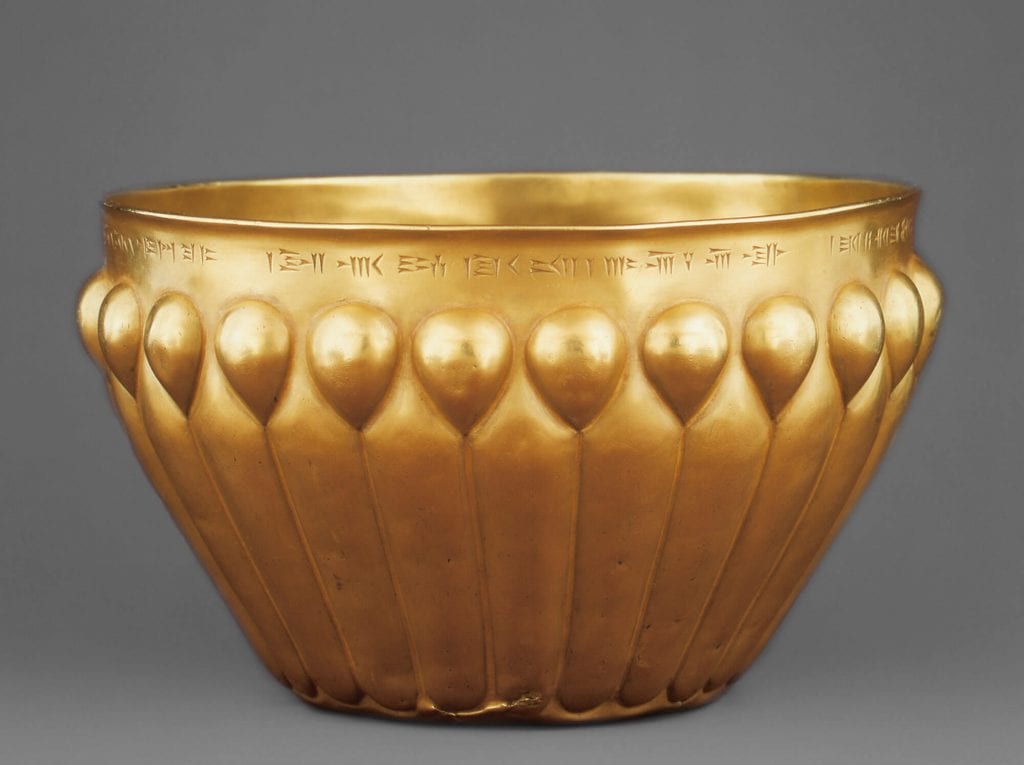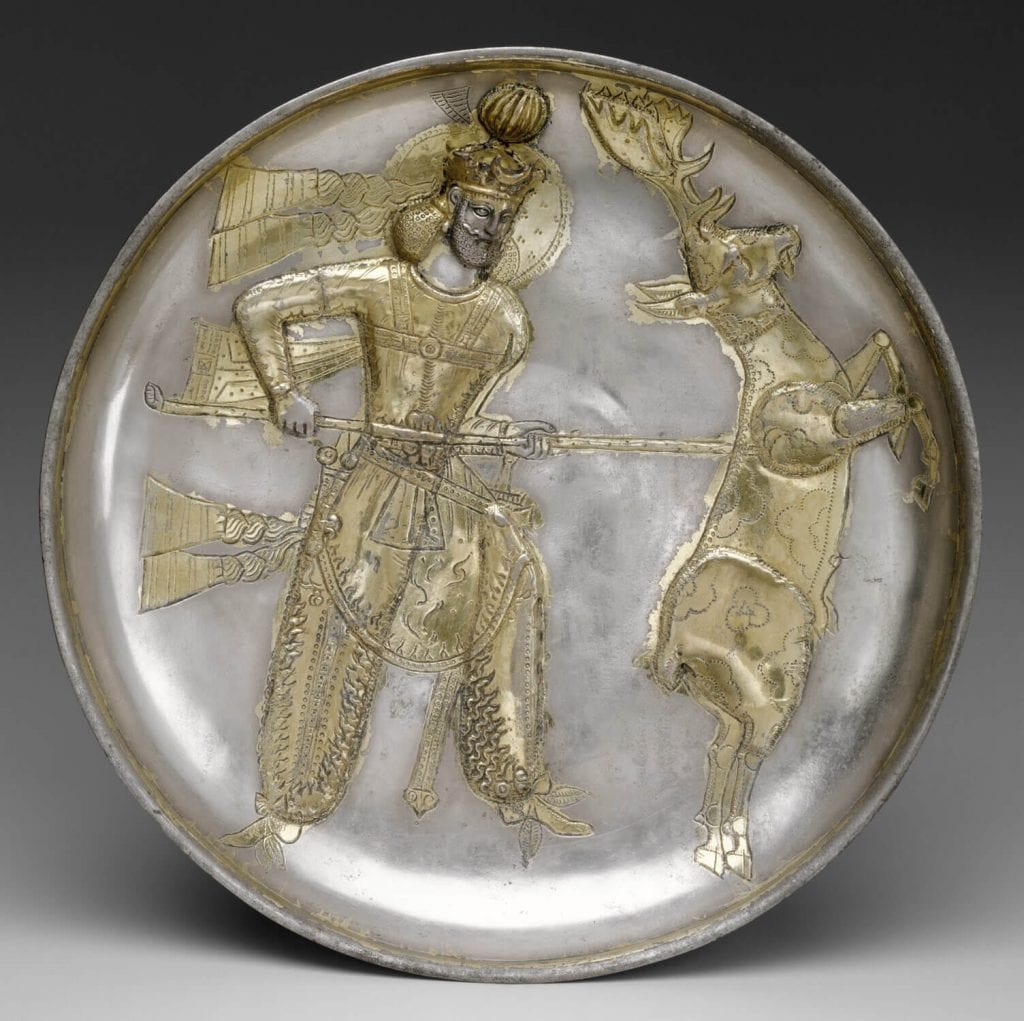Studies of material culture have undergone a profound transformation during the past twenty years and are now among the most dynamic and wide-ranging areas of contemporary scholarship in the human-sciences. In spite of the rich potential which the study of ‘the object’ in ancient Iran offers, as yet material culture studies have not been employed by scholars of the pre-Islamic era. This project aims to address that omission. The project will encourage colleagues and students working in the diverse fields of ancient Persian studies to study the material dimensions of the elite worlds of the pre-Islamic past and to ‘read’ objects through the prisms of linguistics and linguistic anthropology, sociology and anthropology, archaeology and history, geography, economics, and literary and art historical studies. Material culture studies may be held simultaneously to intersect with and transcend the special concerns of a given subject (in this case, ancient Iran) and offer an unbound and fluid interaction with the ancient Persian past. This is a strength and not a weakness. A study of the elite material cultures of ancient Iran is part and parcel of studying human culture in general and just as the concept of ‘culture’ has hundreds of manifestations, so too the beginnings and ends of what constitutes ‘material culture’ can never been defined. Much depends on the context of analysis and research.


The main research themes of this project are as follows:
The first workshop will focus on international relations at state and non-state levels across the three periods. It seeks to explore the nature of Iran’s ruling classes’ engagement at the state level alongside research on other areas of society, such as religious communities, minority communities, intellectual and art circles, merchants, political and/or social movements, and civil society organisations and their engagement with the international.
Papers that speak to the following research questions are welcome:
- Ancient Iranian ‘things’ are materially existing and have a significance independent of human action or intervention (eg., a mountain, an animal, a tree).
- Ancient Iranian ‘things’ as situated in landscape, location and place (buildings, structures, geography).
- Ancient Iranian ‘things’ as created by persons (artefacts).
- Component substances or materials which are used to create ancient Iranian ‘things’ (origins, associations, combinations).
- Technologies required to produce ancient Iranian ‘things’ and the manner in which they can be moved, exchanged or consumed.
- The manner in which ancient Iranian ‘things’ relate to conscious ideas held by persons or subjects.
- The relationship of ‘things’ with ancient Iranian culture or society; ‘things’ as being an integral part of being human.
- The relationship of ancient Iranian ‘things’ to value systems, cosmologies, beliefs and emotions and social identities.
- The relationship of ancient Iranian ‘things’ to Iran’s history, traditions, memories, social stasis and change, place, and locale.
- The relationship of ancient Iranian ‘things’ to the human body and reading the body itself as an object.